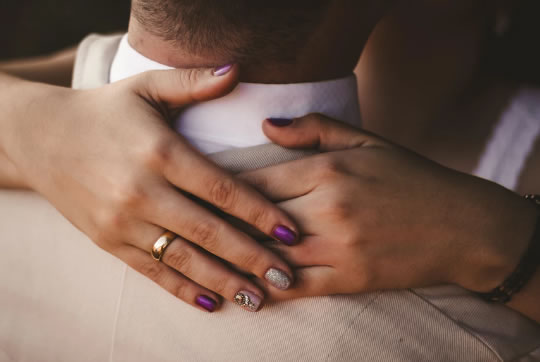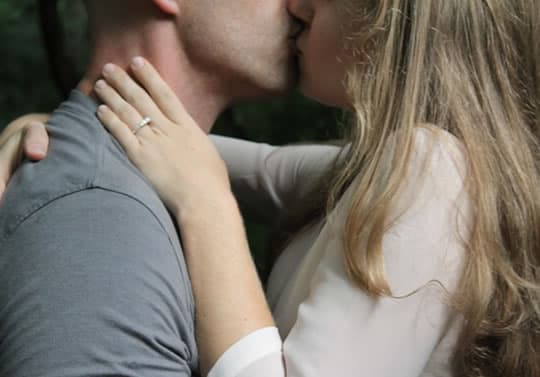Empathy for certain emotions helps couples have difficult discussions about change, research finds.
Empathy for certain emotions helps couples have difficult discussions about change, research finds.
Direct communication is the best way to get your partner to change, research finds.
Whether it is getting them to lose weight, spend less money or change life goals, being more direct is the best approach.
Naturally, these sorts of discussions are fraught with difficulty.
The emotional tone of the communication is vital.
Be empathetic
One key to having difficult discussions is empathy.
Research shows that people with stronger relationships tend to be better at reading the emotions of embarrassment, shame and sadness in their partner.
Couples who perceived these softer negative emotions more clearly tended to be more satisfied with their relationships.
In contrast, those who were better at spotting stronger negative emotions, like anger and contempt, had weaker relationships.
Dr Bonnie Le, the study’s first author, explained the reason:
“If you are appeasing with your partner — or feel embarrassed or bashful — and your partner accurately picks up on this, it can signal to your partner that you care about their feelings and recognize a change request might be hurtful.
Or if your partner is angry or contemptuous — what we call dominance emotions — that signals very different, negative information that may hurt a partner if they accurately perceive it.”
Reading embarrassment and shame
The study included 11 couples who had dated for an average of three years.
They were asked to discuss what aspects of their partner they wanted to change.
Naturally, this raised some strong emotions which the researchers asked the couples about after the discussion.
This procedure simulates a common way of dealing with relationship conflict: by asking your partner to change.
The results showed that couples able to read emotions like sadness, embarrassment and shame had stronger relationships.
This is probably because being able to read these emotions helps difficult discussions — like those requesting change — to go more smoothly.
However, reacting more strongly to anger and contempt likely derails difficult discussions early on.
Professor Stéphane Côté, study co-author, said:
“We think reading emotions allows partners to coordinate what they do and say to each other, and perhaps that is helpful when appeasement emotions are read, but not when anger emotions are read.
Anger seems to overpower any effect of reading emotions, which is consistent with lots of research findings on how anger harms relationships.”
Direct communication is the best way to get a partner to change.
It must be done sensitively, though, said Dr Le:
“It’s not bad to feel a little bashful or embarrassed when raising these issues because it signals to the partner that you care and it’s valuable for your partner to see that.
You acknowledge that what you raise may hurt their feelings.
It shows that you are invested, that you are committed to having this conversation, and committed to not hurting them.
And the extent to which this is noted by your partner may foster a more positive relationship.”
The study was published in the journal Psychological Science (Le et al., 2020).










